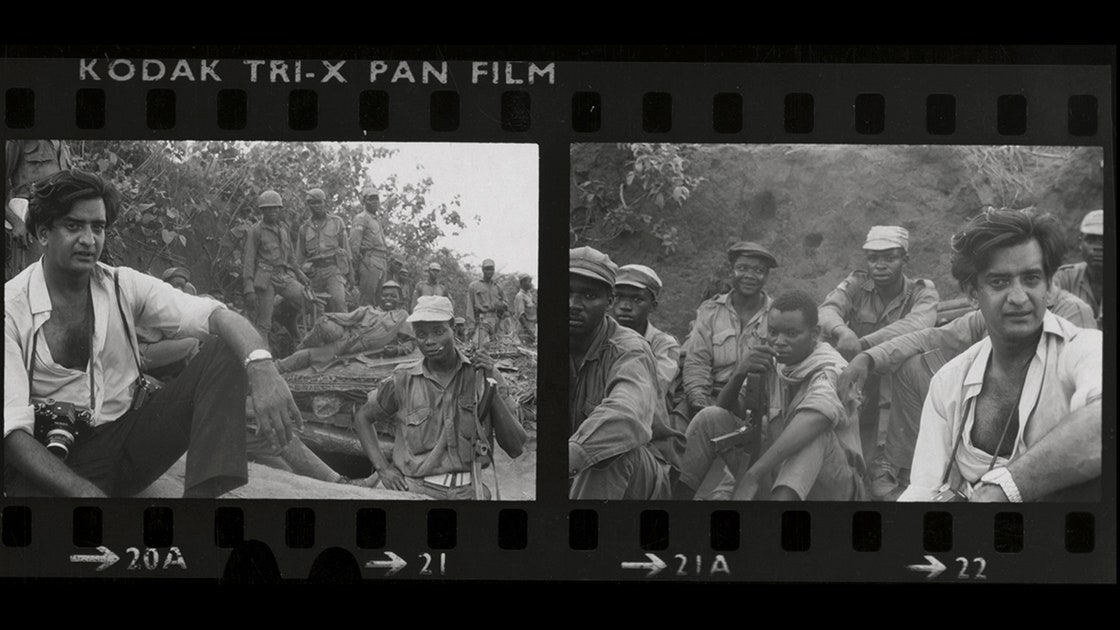Priya Ramrakha’s Brief, Heroic Life as a Conflict Photographer, in Africa and Beyond
His camera was an extension of his brain and his eye, and it did not shy away from danger or death.
via The New Yorker: https://www.newyorker.com/culture/photo-booth/priya-ramrakhas-brief-heroic-life-as-a-conflict-photographer-in-africa-and-beyond
first met Priya Ramrakha on a back street in Kampala, Uganda, in 1966. I was helping him and his editor at Time/Life, where I worked as a stringer and a fixer, to rent an aircraft to fly to Bukavu, in the eastern Congo, where some white mercenaries had taken over the town. Hiring the small plane required tedious paperwork in a government office, so, while the editor filled out an application, Priya wandered outside, into the equatorial sunshine and the broken road, his camera around his neck, and I followed. A large, dark snake, probably a mamba, highly poisonous, lay dead in the road. Priya stood over it. He cocked his head, then he raised his camera and looked through the viewfinder. He did not snap a picture; he paced around the snake and continued to examine it through his camera lens, bringing it into focus, enlarging it, studying it. I realized then that that was how he saw the world—that the camera was an extension of his brain and his eye, and that it did not shy away from danger or death.
